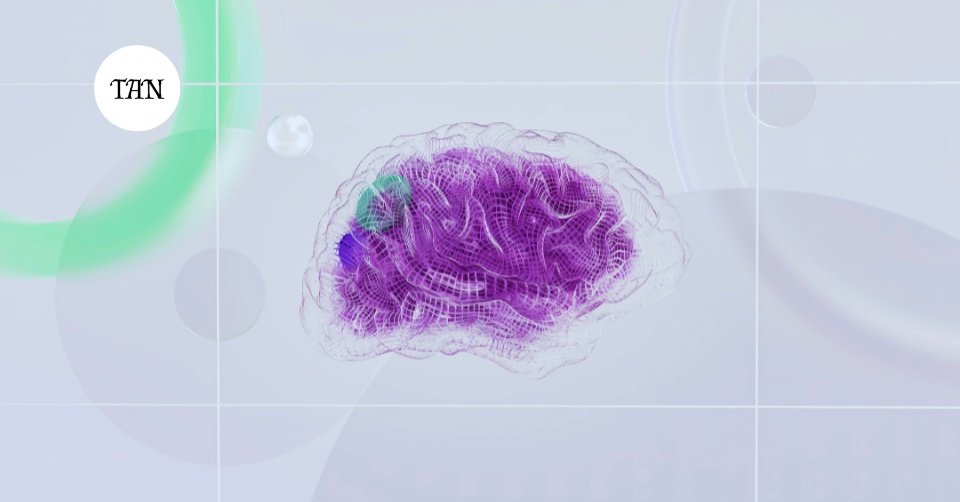Cancer is one of the biggest problems likely to be faced in the total field of medicine in the future. But the latest developments in cancer care make them embrace new ways for curing the illness offering a new hope to the patients and their families. These have termed and earmarked a revolution in diagnosing, administrating and managing cancer that has enhanced the lives of these patients.
Revolutionary Advances in Cancer Treatment
It is now imperative to note that lately there have been so many advances within the development of cancer treatments. These breakthroughs cover a broad spectrum within which immunotherapy, targeted therapy as well as precision medicine falls under.
Immunotherapy has been gazetted as one of the most powerful tools in cancer therapy. This approach involves using the body’s own immune system to exercise active recognition and elimination of cancer tissues. The most prominent triumph in this sphere can arguably be attributed to the discovery of immune checkpoint inhibitors, which halt proteins that enable the immune system to leave cancer cells alone. Pembrolizumab (Keytruda) and nivolumab (Opdivo) have emerged as trusty molecules to cure several forms of cancer like melanoma, lung cancer, Hodgkin’s lymphoma, etc.
The other major step is targeted treatment that implies affecting only certain cells that are responsible for certain functions. Despite the difference in mechanism of action, targeted therapy is more advantageous over chemotherapy because, rather than killing all the rapidly dividing cells, which are both cancerous and normal, it selectively targets molecules and pathways crucial for the growth of cancerous cells. This precision helps in minimizing damages to other healthy cells and thus, yields less side effects. Some examples of targeted therapy include trastuzumab (Herceptin) for HER2-positive breast cancer and imatinib (Gleevec) for chronic myeloid leukemi
This approach of medicine delivery is unique as it respects differences in the carcinomas of different patients and adapts treatment to these differences. This paper aims to point out the importance of the genetic and molecular disturbances associated with a tumor to help physicians choose the right treatment modality. It has been made easier with the aid of genomic sequencing and biomarkers discovery.
The Impact of New Cancer Therapies on Patients
It has changed the lives of patients in many ways due to these innovations in treatment for cancer. In the first instance, these therapies have impacted on the disease control, thus increasing the longevity of patients diagnosed with most types of cancer. Once, patients had scarce chances of getting cured but today, they can get treatments that not only add more years to their lives but also in some instances, possibly cure them.
It is therefore agreeable to conclude that the social benefits include the improved quality of life. Cohost: Common treatments for cancer like chemotherapy and radiation therapy are known to have many nasty side effects like getting tired easily, sickness, and hair loss. However, new therapies developed preclude most side effects or they are milder compared to the earlier ones. This is because patients remain healthier and in a better position to manage their lives when and after treatment.
Furthermore, the options of therapies create wider opportunities for more elaborate and more versatile treatment regimens. It is possible for oncologists to use several treatments simultaneously, which means that they can combine different approaches, and this should enhance the chances of success. This is so because there’s intricacy of the different and diverse ways that this strategy is applied particularly for the aggressive cancers.
Challenges and Future Directions in Cancer Treatment
However, there is much to be done in the battle against cancer even with all the benefits listed above being made known to the world. However, they highlighted several areas of concern for example the expensive stakes of new cancer therapies. Some of these therapies are costly and therefore, not affordable by all individuals who may require this form of treatment. It is however the objective being worked on to try and bring down the costs and have as many patients as possible benefit from these advancement.
Another consideration is resistance, another challenge, that may come in many forms from the various stakeholders in the implementation process. The cancers of this type may at first be treated successfully – that is, the cells are killed off – but the cancer cells become resistant to treatment over time. This issue continue to be an area of active research study, and different strategies have been proposed to address it including combination of antiretroviral drugs and the development of new antiretroviral drugs.
Current research, practice and examples of clinical trials that has currently been underway also suggest that there is a lot more that can be practiced in an attempt to treat cancer. Some of the current research interests that have evolved are in the categorization of cancer vaccines, improvement of CAR-T cell therapy, and the research on new drug delivery systems.




